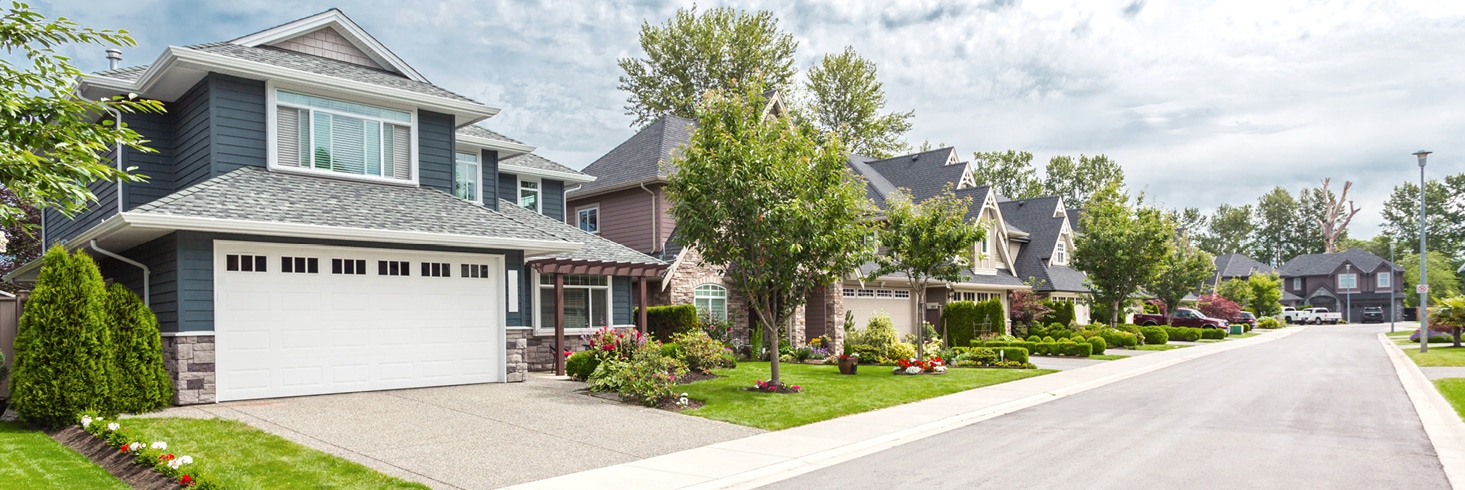
2024 Michigan Property Tax Millage Rates by County
From the mortgage and interest rates to the price of property taxes, there are plenty of expenses to factor in when it comes to homeownership — some with more complexities than others. The cost of property taxes in Michigan is subject to considerable variation depending on the county in which a property is located. Each county determines its property tax rates based on diverse factors such as local budget requirements, infrastructure needs, education funding, public service demands, and the overall economic climate. Counties with thriving urban centers and higher population densities often experience greater demand for public services, resulting in comparatively higher property tax millage rates.
What Are Millage Rates?
Property tax millage rates represent the tax levied on a property’s assessed value. These rates are set by the city or municipality and are often determined by voters. Mill levy rates are a fundamental mechanism by which local governments, including counties, generate revenue for public services and community development. In Michigan, these rates vary by county and township, with amounts determined by differences in local fiscal priorities, economic circumstances, and community needs.
Michigan Property Tax Millage Rates by County
If you’re curious about the tax millage rates in your county, you can look up your municipality using the State of Michigan’s guide to tax rates. The property tax estimator tool offers a breakdown of millage rates by county so you can see how your area compares to other counties.
Kent County
Property taxes are often lower in Kent County compared to other areas in Michigan. The Bureau of Equalization in Kent County provides a list of millage rates by year. Residents can access the source online to take a look at specific figures.
Grand Rapids Homestead millage rates for 2024 are at 33.6268. Non-Homestead rates in Grand Rapids are higher for 2023, at 51.6268. The Grand Rapids estimator tool provides a more in-depth look at property tax estimations.
Ottawa County
With 17 townships in Ottawa County, there is plenty of variation with property tax millage rates, and mill levy rates are broken down by township.
Grand Traverse County
Spanning 13 townships near Lake Michigan, Grand Traverse County mill levy rates can be found online.
Kalamazoo County
Property tax rates in Kalamazoo county generally rest on the lower end for Michigan, but with 16 townships, there’s plenty of variation by municipality to keep in mind.
How to Calculate Property Tax
Calculating property tax involves several steps. First, assessors determine the value of the property based on various factors such as location, size, condition, and improvements. This assessed value serves as the basis for taxation. Next, the local government sets a millage rate, expressed in mills or thousandths of a dollar, representing the tax per $1,000 of the assessed value. For example, a property assessed at $50,000 with a millage rate of 35 mills incurs a tax of $1,750.
The tax is calculated by multiplying the assessed value by the millage rate and then dividing by 1,000. You can also access the Michigan Property Tax Estimator calculator for a better understanding of the anticipated rates. It’s essential to consider exemptions, deductions, or credits that might apply to reduce the final tax liability. Ultimately, understanding the property tax calculation allows property owners to anticipate their tax obligations and budget accordingly.
Homestead Property Tax vs Non-Homestead Property Tax
We often think of homeowners as residents who kick their feet up in the living room at night and turn the TV on after cleaning up dinner in the kitchen just a few feet away from the couch. But homeownership doesn’t look like that for everyone. Some homeowners are just that: people who own a home, without living in it as their primary residence, meaning they have another home where they live the for the majority of their time. Such homeowners, including investors, landlords, and owners of vacation homes, are charged the full property tax rates and considered as “non-homestead” taxes. Conversely, homeowners who reside in the home they own as their primary residence are given a homestead property tax break. This tax break therefore often encourages more families to own their own homes.
FAQs About Property Taxes
Property taxes can be a bit of a winding road with many caveats to consider, but it’s important to understand how these rates are determined and how they can vary.
How is taxable value determined in Michigan?
In Michigan, the taxable value of a property is initially set at the property’s assessed value. Rates are set by the local municipality. However, they are capped to increase annually by the rate of inflation or 5%, whichever is lower, unless there are specific changes to the property triggering a reassessment.
How is assessed value calculated in Michigan?
In Michigan, the assessed value of a home is legally mandated to be 50% of its typical selling price or cash value. This ensures a standardized and equitable assessment process, forming the basis for property taxation.
How do I pay my property taxes?
Homeowners who have an active mortgage often have their property taxes managed through an escrow account handled by their loan servicer, so the property taxes are looped in with the monthly mortgage payment. If you do not utilize having an escrow account setup with your mortgage or own your home outright without a mortgage, you’ll be responsible for paying your taxes to municipality directly, either online or by sending a check through mail. Details can be found on your tax bill sent via post office mail.
Treadstone Funding and its employees are not CPAs or financial advisors. Not financial advice. All information provided is for educational purposes only. Contact a licensed financial advisor and/or tax professional for more information.
Property tax millage rates represent the tax levied on a property's assessed value.

